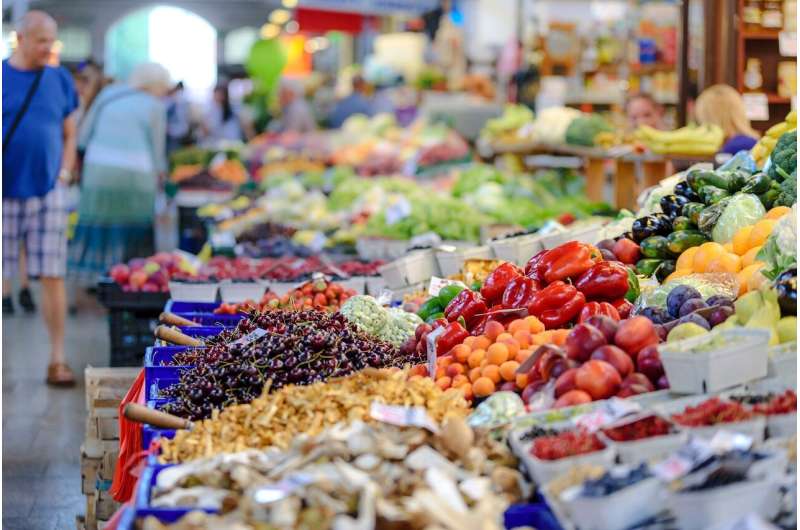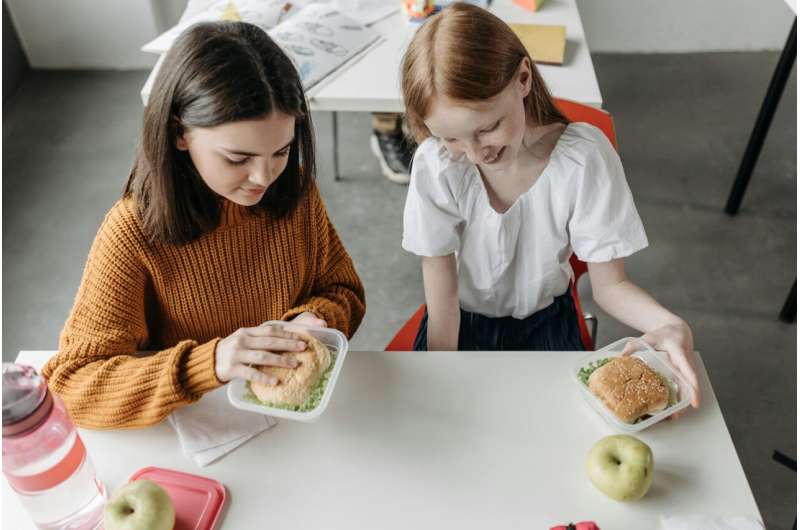Innovative AI-Driven Nutrition Tools for Personalized Cancer Care

AI chatbots like ChatGPT and Gemini show promise in providing personalized, culturally sensitive nutrition advice for cancer patients, enhancing supportive care and accessibility.
Research indicates that proper nutrition significantly enhances the health and well-being of cancer patients. However, access to individualized dietary guidance remains limited, often lacking coverage by insurance providers. To address this challenge, a team from Thomas Jefferson University explored the potential of artificial intelligence (AI) chatbots to fill this gap in supportive cancer care.
In their recent study published in the journal Nutrients, the researchers tested two popular large language models (LLMs)—ChatGPT and Gemini—by prompting them to generate tailored meal plans and grocery lists. These AI tools considered various factors such as cancer stage, comorbidities, financial constraints, geographic location, and cultural food preferences. The aim was to assess how well these models could meet complex, personalized dietary needs and compare their suggestions to those of clinical dietitians.
Senior author and radiation oncologist Nicole Simone, MD, explained that leveraging general LLMs could serve as a practical starting point. The team then fine-tuned these models, tailoring their outputs to produce accurate, culturally sensitive, and economically feasible recommendations. Julia Logan, a medical student and the study’s first author, tested multiple prompts across different variables, observing the models’ capacity for detailed and nuanced advice.
One of the notable findings was the AI models’ ability to determine cost-efficient options and locate nearby grocery stores with relevant ingredients. Dr. Choi, a co-author and computational physicist, highlighted that developing specialized AI models from scratch would be impractical. Instead, general LLMs can be adapted and refined to create effective, personalized dietary tools.
The researchers were encouraged by the models’ granularity and their ability to incorporate socioeconomic and cultural considerations. This ability makes AI-powered nutrition guidance particularly promising for populations with financial limitations and diverse cultural backgrounds, fostering better adherence to recommended diets.
While the study demonstrates the feasibility of creating AI tools for personalized cancer nutrition advice, it also underscores the need for ongoing evaluation of their reliability. Further research is necessary to define scenarios where professional dietitian oversight remains essential. Overall, this innovative approach could significantly improve supportive care options for cancer patients by providing accessible, personalized dietary recommendations.
Source: https://medicalxpress.com/news/2025-06-ai-tool-automated-customized-nutrition.html
Stay Updated with Mia's Feed
Get the latest health & wellness insights delivered straight to your inbox.
Related Articles
Timing of Evening Meals Crucial for Blood Sugar Regulation in Prediabetes, Study Finds
Emerging research highlights the critical role of evening meal timing in regulating blood sugar levels for prediabetic individuals, paving the way for personalized dietary strategies to prevent diabetes.
Universal School Meals: A Comprehensive Approach to Child Health, Sustainability, and Equity
Research shows that universal school meal programs enhance children's health, promote sustainability, and support social equity across major urban centers worldwide.
Starting a Brain-Healthy Diet at Any Age Can Help Prevent Dementia
Recent studies highlight that following the MIND diet—a blend of Mediterranean and DASH diets—can significantly reduce dementia risk. Improving dietary habits at any age may help prevent cognitive decline, especially among diverse racial groups.
Impact of Mediterranean-Style Diet During Pregnancy on Maternal and Infant Health
Recent studies reveal that a Mediterranean-style diet during pregnancy enhances maternal health and reduces infection risks in infants by positively influencing gut microbiota and immune function.



